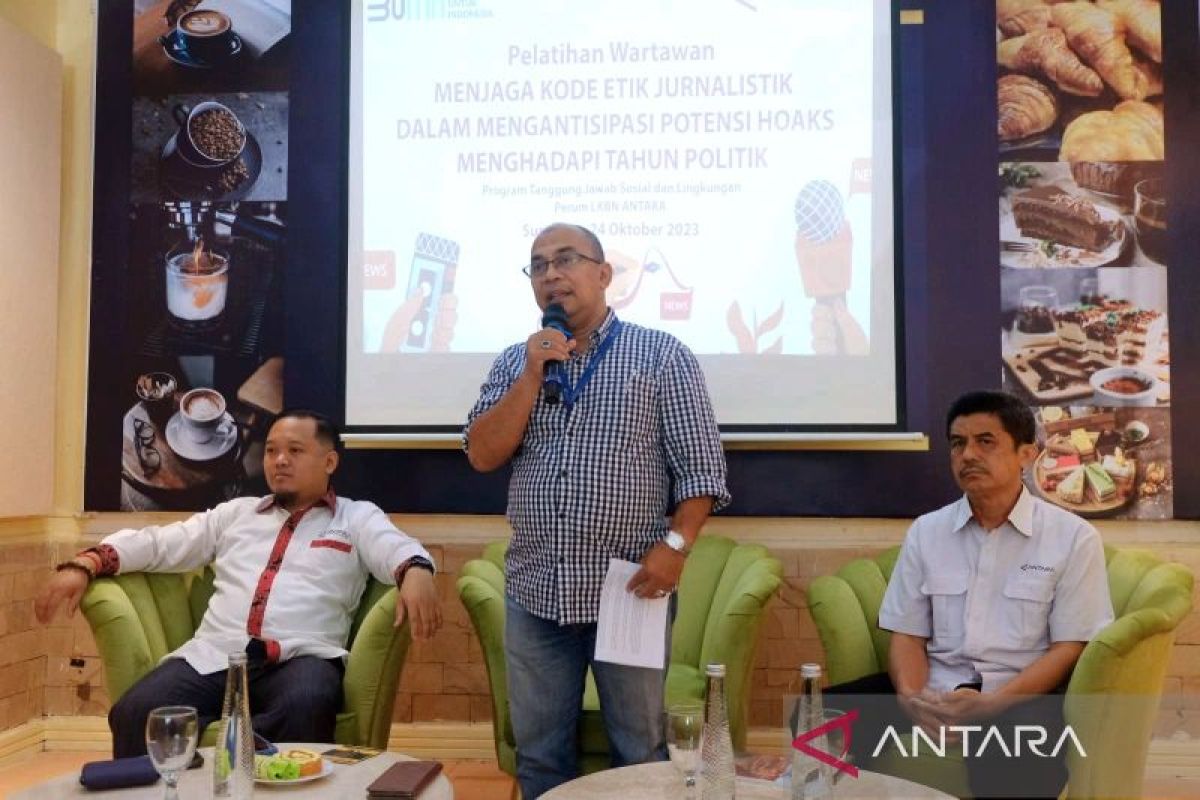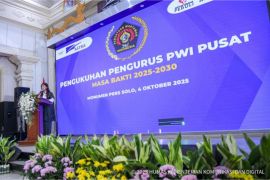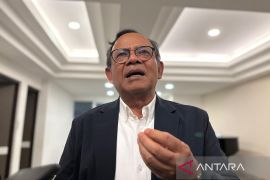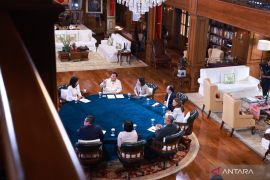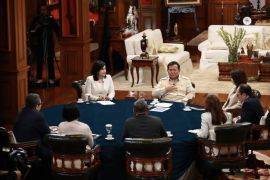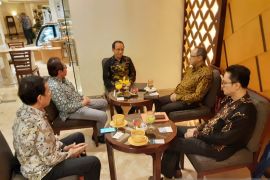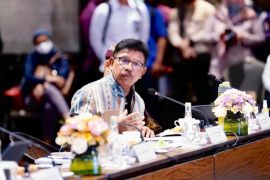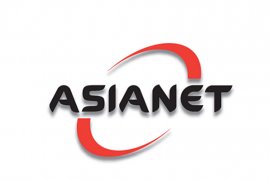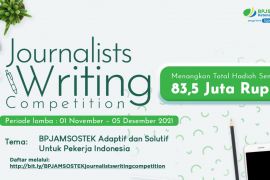During the period between 2022 and September 2023, the Communication and Informatics Ministry (Kominfo) recorded 1,944 hoaxes in the digital space.
Meanwhile, the Indonesian Anti-Defamation Society (Mafindo) reported 1,698 hoaxes in 2022 on social media platforms.
Some 36.9 percent of the hoaxes were found on Facebook; 24.5 percent on X, formerly known as Twitter; 13.6 percent on WhatsApp; nine percent on TikTok; and 16 percent on other social media platforms.
This data is an important message for journalists and other press personnel to not be involved in spreading hoaxes.
Journalists are expected to return to their moral guidelines, namely the Code of Ethics of Indonesian Journalists, as the foundation for anticipating hoax information.
In addition, journalists should measure the impact of disinformation in the community.
Clickbaits and the need to increase viewership and create viral news often lead to journalists being unable to oversee hoaxes that negatively impact the public.
Meanwhile, hoaxes in digital space can result in fatal damage to democracy, character, and public harmony.
Disinformation can hurt democracy because of the manipulated digital content by irresponsible parties looking to cause chaos, driving away society to elect quality leaders.
Irresponsible parties could justify all means to confuse the community in cyberspace, such as by creating hoaxes, framing, hacking, scamming, spamming, and through other negative digital ways.
Hoaxes can also damage the society's character as well as the journalists' morality, such as in terms of maintaining trust, objectivity, and the quality of news.
Journalists need to be aware that despite the fact that hoaxes can go viral, they can harm the public and create long-term conflicts in communities. A polarized society can weaken national unity and solidity, and the press needs to play an active role in fighting hoaxes.
Viral hoaxes, which can lead to domestic conflicts, can lower business confidence in the country and slow down the economy within months. All of this shows that false information can have a fatal impact on the life of the nation.
Related news: VP Amin urges santri to respond wisely to differences in election
Fighting hoaxes
Apart from being careful to not fall prey to hoaxes and steering clear of copy-pasting unverified news from social media, journalists should also be able to fight hoaxes by clarifying false news by providing truth to the public.
Some media, including the ANTARA News Agency, made several efforts to prevent hoaxes from harming society.
Since 2018, ANTARA has formed the "Jaringan Antara Cegah Hoax (JACX)" or the "ANTARA Network Prevents Hoaxes".
For ANTARA, the effort to present JACX is in line with the results of the 51st Conference of the Organization of Asia-Pacific News Agencies (OANA) that raised the issue of combating disinformation.
Mainstream media's efforts to provide a hoax tracker page will help the government to educate the public to always check and recheck the validity of information, whether it is true or false, through channels or webpages provided by Kominfo.
Kominfo is also cooperating with the National Police (Polri) to keep the cyberspace safe ahead of the 2024 General Elections.
Early this year, the two institutions signed a memorandum of understanding (MoU) that covers the exchange of data and information and prevention of hoax dissemination.
The agreement also covers security assistance, law enforcement, provision and utilization of facilities and infrastructure, as well as capacity building and utilization of human resources.
As for law enforcement, Polri and Kominfo will independently and jointly carry out law enforcement in the field of communication and information in accordance with their duties and functions.
In addition, Kominfo has the "Cyber Drone" that conducts non-stop patrols to monitor the digital space.
The surveillance system can monitor hoaxes, hate speech, and other prohibited activities in digital space.
Kominfo recently held a forum group discussion (FGD), themed "The Role of State Media in the Making the 2024 Elections Peaceful," in which state media, including ANTARA News Agency, national radio broadcasting institution RRI, and public broadcaster TVRI, had participated.
In the FGD, the ministry expressed hope that the state media would strengthen its position as a "clearing house" for various information circulating on social media.
Furthermore, Indonesian journalists need to go back to the journalistic principles contained in Law No. 40 of 1999 on the Press.
The Press Law stipulates the need to adhere to the accuracy and verification of information and balance of news.
In the event of a flow of hoaxes in the public, the press needs to provide a channel for correcting false news. This principle also refers to the three important basics of source, content that has public interest, and credible data.
The Code of Ethics of Indonesian Journalists reminds journalists to not publish false, slanderous, sadistic, and obscene news and information.
The law also recommends mediation steps involving the Press Council if a journalist is indicted to have committed ethical mistakes in their profession.
The three important principles -- the ability to see the impact of hoaxes, presenting anti-hoax channels, and implementing Press Law, and the Code of Journalistic Ethics -- will encourage journalists to stay virtuous in the digital age, especially in the political year.
Apart from educating the public through news, journalists also need to continue to improve themselves in order to present accurate and empowering news.
Related news: Political year will not affect Indonesia's trade: official
Related news: Three steps to anticipate political year's impact on economy: Jokowi
Editor: Yuni Arisandy Sinaga
Copyright © ANTARA 2023
